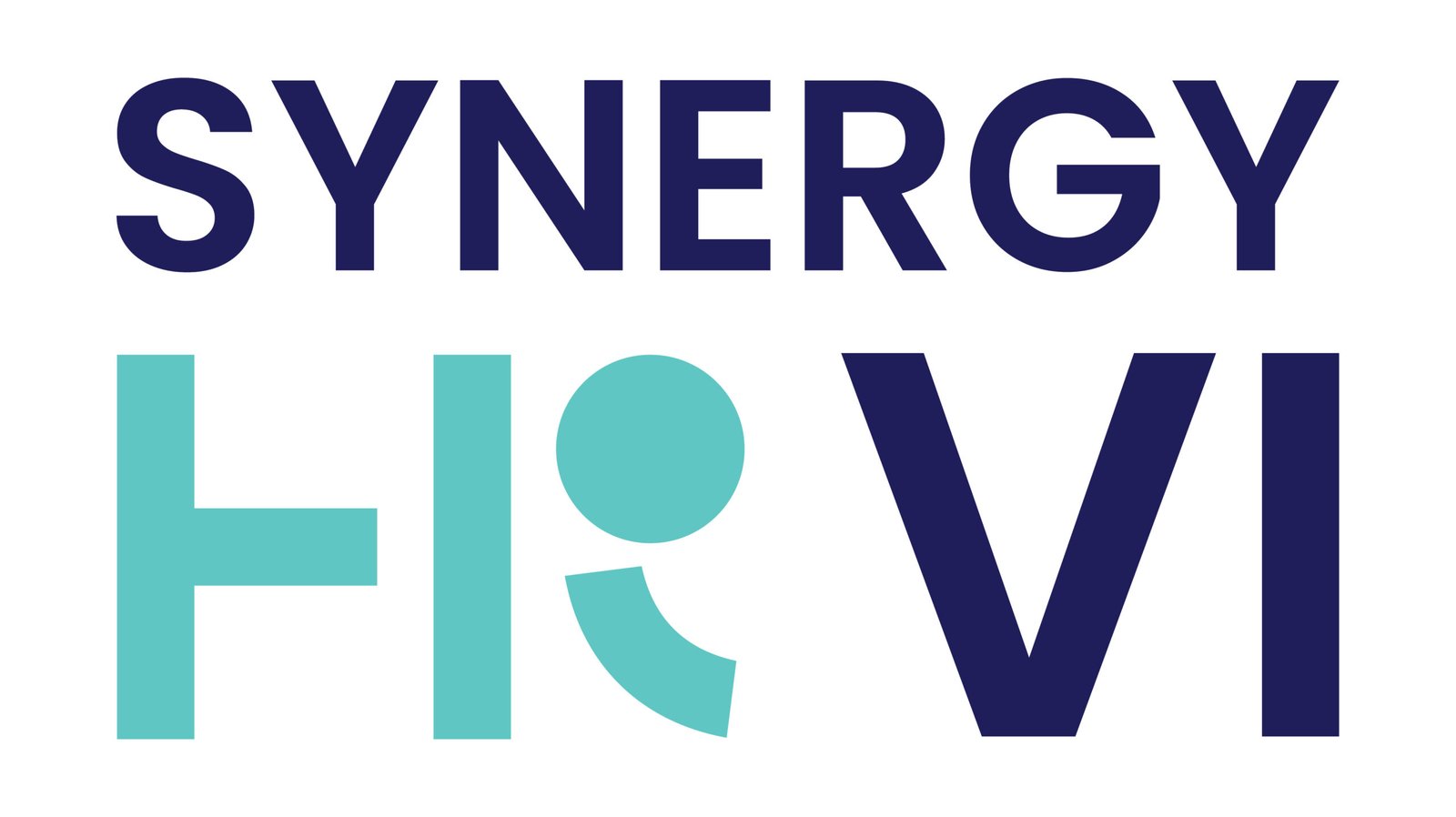The world of work is changing rapidly, and HR technology is playing a critical role in shaping this transformation. From artificial intelligence (AI) to virtual reality (VR), new technologies are emerging that are helping organizations improve their recruitment and onboarding processes, enhance employee engagement and development, and streamline their HR operations.
Here are some of the key trends in HR technology that are shaping the future of work
- The rise of AI and machine learning
- AI and machine learning are being used to automate many HR tasks, such as resume screening, candidate assessment, and payroll processing. This is freeing up HR professionals to focus on more strategic work, such as developing talent management programs and creating a positive employee experience.
- The growing popularity of remote and flexible work
- Remote and flexible work arrangements are becoming increasingly popular, as employees demand more flexibility in their work-life balance. HR technology is helping organizations to manage remote workforces effectively, by providing tools for virtual collaboration, performance management, and employee engagement.
AI in HR
Remote work
- The importance of data-driven decision-making
- Data is becoming increasingly important for HR decision-making. HR technology is helping organizations collect, analyze, and use data to make better decisions about recruitment, talent development, and workforce planning.
Data-driven HR
- The need for a culture of continuous learning
- The pace of change in the workplace is accelerating, and employees need to be able to adapt and learn new skills continuously. HR technology is helping organizations to create a culture of continuous learning, by providing access to online training and development resources.
Continuous learning in HR
To adapt to these emerging trends, HR professionals need to:
- Develop a strong understanding of HR technology
- Be able to evaluate and implement HR technology solutions
- Build relationships with HR technology vendors
- Advocate for HR technology within their organizations
Here are some specific examples of how HR technology is being used to shape the future of work
- AI-powered chatbots are being used to provide 24/7 customer service to employees.
- VR simulations are being used to train employees on new skills and procedures.
- Blockchain technology is being used to create secure and transparent employee records.
- Wearable devices are being used to
Emerging Trends Shaping the Future of HR Technology
Several transformative trends are driving the evolution of HR technology, including:
- Artificial Intelligence (AI) and Machine Learning (ML): AI and ML are revolutionizing HR processes, automating repetitive tasks, analyzing vast amounts of data, and providing data-driven insights to inform strategic decision-making. AI-powered tools can identify patterns, predict trends, and optimize processes, enabling HR professionals to focus on more value-added activities.
- Automation: Automation is streamlining routine and time-consuming tasks, freeing up HR professionals to focus on strategic initiatives. Automated workflows can handle everything from payroll processing and benefits administration to onboarding and offboarding, reducing manual work and improving efficiency.
- Data Analytics: Data is becoming increasingly valuable as organizations seek to make informed decisions based on evidence. HR analytics tools provide insights into employee demographics, performance trends, engagement levels, and talent gaps, enabling HR professionals to identify areas for improvement and develop targeted interventions.
- The Rise of Remote and Hybrid Work: The COVID-19 pandemic has accelerated the adoption of remote and hybrid work arrangements, which are becoming increasingly popular among employees. HR departments are adapting their practices to manage and support remote and hybrid workforces, providing virtual onboarding and training, fostering collaboration, and promoting work-life balance.
- The Importance of Employee Experience (EX): EX is becoming a critical focus for HR professionals, as organizations recognize the link between a positive EX and employee engagement, productivity, retention, and overall business success.
- The practical implementation of HR technology in real-world scenarios. These emerging trends are already having a significant impact on HR practices. Here are some examples of how HR technology is being used in the real world:
- Talent acquisition powered by AI:
- Automated onboarding -> Automated induction: Automated onboarding platforms are providing new employees with a seamless and personalized onboarding experience. These platforms can send welcome messages, provide access to company policies and procedures, offer virtual workplace tours, and even assign mentors to new hires.
- “Performance management based on data analysis”: HR departments are using data analytics to track employee performance, identify areas for improvement, and provide targeted coaching and development opportunities. Data-driven performance management systems can analyze individual and team performance metrics.
- Virtual collaboration tools are software applications that enable people to work together in real-time from different locations. These tools allow team members to communicate, share files, and collaborate on projects without being physically present in the same location
- Employee engagement platforms are tools that organizations use to keep their employees motivated and productive. These platforms provide a range of features like surveys, recognition programs, and communication tools that help employers improve their relationships with their employees. Using these platforms, employers can create a more positive work environment and foster employee loyalty.
- AI algorithms are being used to identify and match potential candidates to job requirements more efficiently and effectively. These tools can analyze resumes, social media profiles, and other data sources to identify candidates with the skills, experience, and cultural fit an organization seeks.
HR professionals play a crucial role in bridging the gap between technology and human connection. They must effectively integrate technology into HR processes while maintaining a focus on the human aspects of work, such as empathy, communication, and building relationships. The future of HR lies in striking a balance between technological innovation and human-centered practices.





